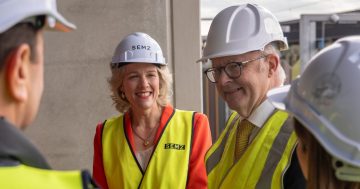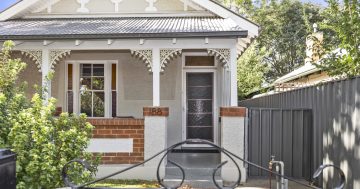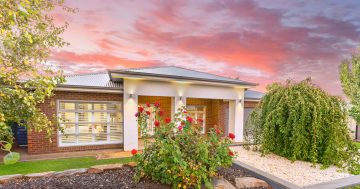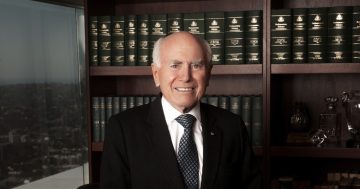
The Albanese Government will ban foreign investors from buying established homes for at least two years and crack down on foreign land banking. Photo: Cemile Bingol.
The Federal Government’s recent decision to ban foreign investors from buying Australian houses has received a mixed reaction in the Riverina, with some questioning whether it addresses the underlying housing crisis.
On 16 February the government announced it would impose a temporary ban on foreign purchases of established dwellings for at least two years and crack down on land banking. This will take effect on 1 April. It aims to ease pressure on the housing market and encourage the construction of more homes in more parts of Australia.
“It’s another round of bureaucratic interjections into the free market,” Fitzpatricks Real Estate director Paul Gooden told Region.
“The markets could go either way … we’ve got to find a balance without deterring purchases.”
The real estate agent of 35 years said there were only a small number of foreign investor purchases in the Riverina, as most of them were looking at the major markets in Melbourne, Sydney, or Brisbane.
Mr Gooden said buyers from Asia and other countries had access to cheaper money and could afford to invest offshore, so their presence in Australia could create competition and increase prices.
While he doesn’t believe price rises are ideal, he said the idea of selectively restricting buyers is unsettling.
“Focusing on a particular group and saying, ‘You’re not welcome to buy here’ — what does that have to do with our foreign relations?” Mr Gooden said.
“How would we feel if they put a ban on our lobsters or wines — things that would hurt our farmers? Yet here we are doing the same thing.”
As a young person hoping to enter the housing market in the next decade, 20-year-old Jack Rowley believes the ban opens up new options for him.
“I have more opportunities and less competition from people or organisations buying investment properties or buying properties for the wrong reasons,” Mr Rowley said.
“This means I could be competing with other first-home buyers. So, it definitely makes me feel good about looking at houses.
“It may make a difference and make the buyer pool smaller. But it may not make a massive noticeable difference to my experience in buying a house.”
Mr Rowley and his partner, who is also 20, want to purchase their first home after finishing their tertiary education.
Mr Gooden said that while the ban protected local buyers and first-home buyers, it didn’t address the heart of the issue.
“There are other conditions that have to change rather than excluding buyers,” he said.
“Development applications should be more streamlined and nearly removed from the local council, with less regulation around development.
“Environmental issues that arise because of development have to be looked at in a much different way than they are. I understand that we have to protect our environment, but there are some really silly cases where people can’t develop land because of a particular issue.
“We need a fairer and more sensible approach to stamp duty. Instead of protectionist policies that exclude certain groups from investing, we should focus on encouraging development and affordability.”
Mr Gooden said many aspects of housing policies needed in-depth discussion, but too often, policies were designed to appeal to the public.
He believes housing should be seen as a necessity rather than a commodity.
He understands everyone feels the pressure, but simply following a party’s line on housing issues will not solve the problem.
“The key issues are housing and home ownership. There has to be a whole radical rethink about how we encourage home buyers to achieve home ownership,” Mr Gooden said.
“Should there be a more structured joint ownership or rent-to-buy program between the government and private bodies, with meaningful tax incentives?
“Can we build higher-density, affordable housing in new locations that are well integrated into communities, similar to social housing?”
Mr Gooden believes the NSW Government is addressing the housing issue well.
“Best Labor government we’ve had in a long time, but they are limited because (the ban) is a federal, immigration, and tax issue,” he said.















